About North Central Mental Health Services Columbus
North Central Mental Health Services Columbus is a comprehensive mental health center that offers a variety of services for individuals of all ages. The center specializes in dual diagnosis, which means they are equipped to treat both mental health disorders and substance abuse disorders. They also offer programs specifically for young adults and the elderly, as well as those who identify as LGBTQ. North Central Mental Health Services Columbus is an outpatient facility, meaning you can receive treatment without being admitted to a hospital or residential program. Services at the center include cognitive behavioral therapy, dialectical behavior therapy, family therapy, group therapy, individual therapy, and trauma therapy.
Addiction Treatment Programs
Dual Diagnosis
Mental health concerns and substance use are often linked, which is known as a dual diagnosis. The right rehab in Ohio can help you break free. In addition to typical detox, inpatient treatment, and outpatient care, a dual diagnosis program may include medication management, additional counseling, and classes on healthy coping and other important life skills.
Adult Program
An adult program in Ohio addresses the recovery needs of clients in this life stage and gives them the tools they need to succeed. In addition to typical detox, inpatient treatment, and outpatient care, an adult program may also teach clients about building a career, saving for retirement, parenting, and more.
Young Adult Rehab
Young people need unique support, and a young adult rehab in Ohio can help them learn new life skills while overcoming addiction. In addition to typical detox, inpatient treatment, and outpatient care, a young adult program may also teach clients about living independently, budgeting, having healthy relationships, parenting, and more.
Senior Rehab
A senior rehab in Ohio will understand the unique issues older clients face that can make recovery harder. A specialized rehab for seniors can provide help for the specific challenges of aging. This may include counseling, help with pain management, skills for overcoming loneliness, and more.
LGBTQ Friendly Rehab
An LGBTQ+ friendly rehab in Ohio will understand the unique issues faced by this community that can make recovery harder. Whether you need detox, inpatient treatment, or outpatient care, an LGBTQ+ friendly program will offer specific support for your emotional, mental, and social needs.
Insurance Coverage
Self-pay options
Using self-pay for rehab gives you maximum flexibility in choosing your treatment center. You can write a check, use a medical loan, or electronically send money to the center. The fee structure may vary depending on the level of care.
Medicaid
There are many ways to pay for rehab in Ohio. If you qualify, one option is Medicaid. Using Medicaid can allow you to access treatment without paying much, if anything, out of pocket. Be sure to find a center that acccepts Medicaid and has the level of care you need.
Medicare
If you have Medicare in Ohio, you can use your coverage to help pay for rehab treatment. Keep in mind that you’ll need to choose a center that accepts your plan, and you might have out-of-pocket costs such as a deductible or copayment. Look into your plan documents for full details.
Private insurance
In Ohio, private insurance is one of your options when it comes to paying for rehab. Insurance plans vary, so it’s important to contact the insurer for details. The best way to keep costs down is to choose a treatment center in your plan’s network.
Levels of Care
- 1
Outpatient Rehab
If you want to attend school or work during rehab, consider outpatient treatment in Ohio. You’ll live independently except when you’re attending rehab. Outpatient treatment is less intensive than inpatient care and may include both counseling and attendance at a 12-step or other recovery support group.
- 2
Intervention Services
Don’t be afraid to use intervention in Ohio to help your loved one face the truth and decide to seek help. Your family will get support through counseling, help arranging the intervention, and assistance facilitating your loved one’s transition to treatment.
Therapies
Cognitive Behavior Therapy
Cognitive behavioral therapy in Ohio gives you tools to challenge your thinking patterns. Your underlying core beliefs can cause you to automatically react in certain ways. CBT helps you identify these immediate responses, challenge them, and choose a healthier response.
Dialectical Behavior Therapy
Dialectical behavioral therapy in Ohio gives you tools to learn new behaviors to improve and change your life. You probably have unhelpful thoughts and behaviors that you have inadvertently practiced for years. DBT helps you identify these behaviors and choose a healthier response.
Family Therapy
Overcoming substance use is easier if you have support from your loved ones. During family therapy in Ohio, you can address challenging relationships and family conflicts to restore peace and make recovery easier. Family therapy is a normal part of evidence-based treatment programs and may be a part of inpatient treatment, outpatient care, or both. Topics include addressing past events, overcoming codependence and enablement, and building healthy, supportive relationships with each other.
Group Therapy
Overcoming substance use is easier if you’re not alone. During group therapy in Ohio, you’ll hear others’ perspectives and get the support you need. Group therapy can be part of detox, inpatient treatment, and outpatient care. It’s generally combined with individual counseling, activities, life-skills classes, and relapse prevention planning.
Individual Therapy
Individual therapy in Ohio helps clients overcome substance use by providing individualized, confidential support. A professional therapist can help you identify substance use triggers, reshape your thinking about specific topics, and address prior experiences and trauma that impact your substance use habits.
Trauma Therapy
Many people with addiction issues in Ohio use substances to decrease difficult feelings such as guilt, shame, fear, and more. Trauma-informed therapy can help you understand where these feelings come from and how to deal with them in a better way. Trauma-informed therapy is one element of rehab treatment, which also includes activities, peer support, individual and group counseling, relapse prevention, and more. Together, all these methods support you in establishing long-term recovery.
Accreditations
Location
Contact North Central Mental Health Services Columbus
Top Drug Rehab Centers in Ohio
-
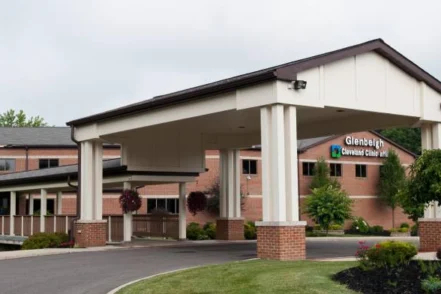 Ohio
OhioGlenbeigh Hospital Rock Creek
2863 State Route 45 Rock Creek, Ohio 44085
-
 Ohio
OhioBrightview Dayton Addiction Treatment Center
8120 Garnet Drive Dayton, Ohio 45458
-
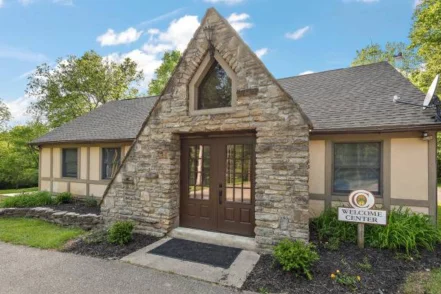 Ohio
OhioCedar Oaks Wellness Center
5778 State Route 350 Oregonia, Ohio 45054
-
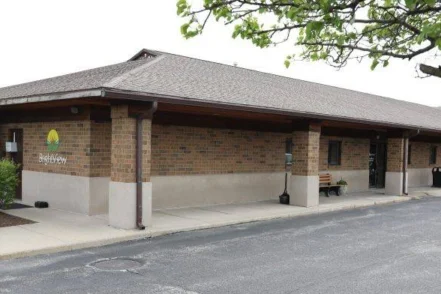 Ohio
OhioBrightview Toledo Addiction Treatment Center
1655 Holland Road, Suite F Maumee, Ohio 43537
-
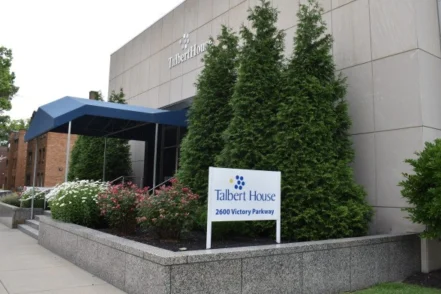 Ohio
OhioTalbert House Cincinnati
2600 Victory Parkway Cincinnati, Ohio 45206
-
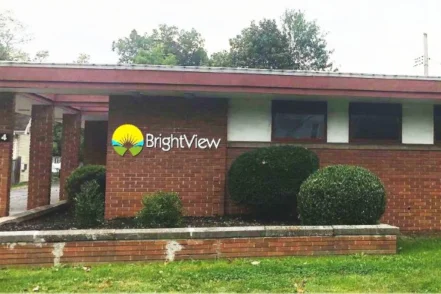 Ohio
OhioBrightview Warren Addiction Treatment Center
1924 E Market Street Warren, Ohio 44483
-
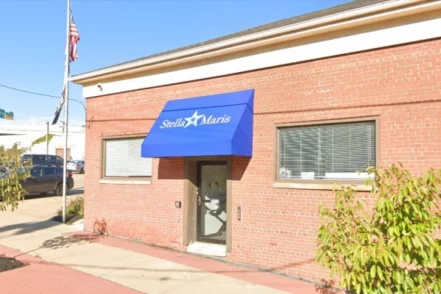 Ohio
OhioStella Maris
1320 Washington Avenue Cleveland, Ohio 44113
-
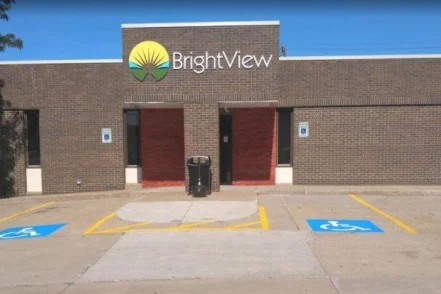 Ohio
OhioBrightview Akron Addiction Treatment Center
999 N Main St Akron, Ohio 45212
-
 Ohio
OhioThe Ridge Ohio
25 Whitney Drive, Suite 120 Milford, Ohio 45150
-
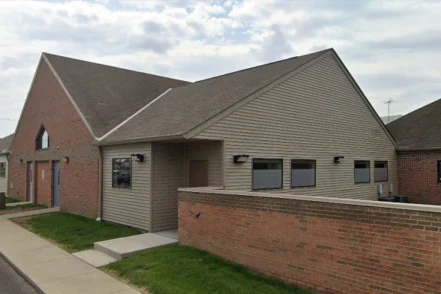 Ohio
OhioMaryhaven Columbus
1791 Alum Creek Drive Columbus, Ohio 43207
-
 Ohio
OhioBrightView Cincinnati Addiction Treatment Center
446 Morgan Street Cincinnati, Ohio 45206
-
 Ohio
OhioArrow Passage Recovery
721 Lincoln Way E Massillon, Ohio 44646
-
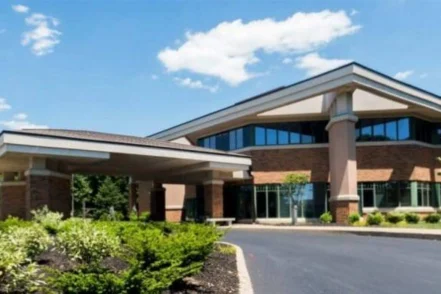 Ohio
OhioThe Recovery Village Columbus Drug and Alcohol Rehab
3964 Hamilton Square Boulevard Groveport, Ohio 43125
-
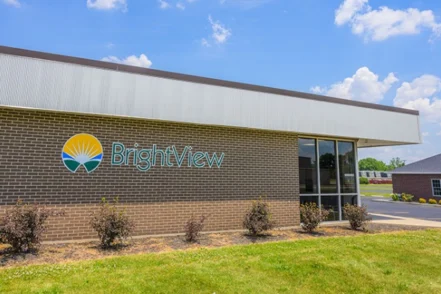 Ohio
OhioBrightview Springfield Addiction Treatment Center
201 N Yellow Springs Street Springfield, Ohio 45504

